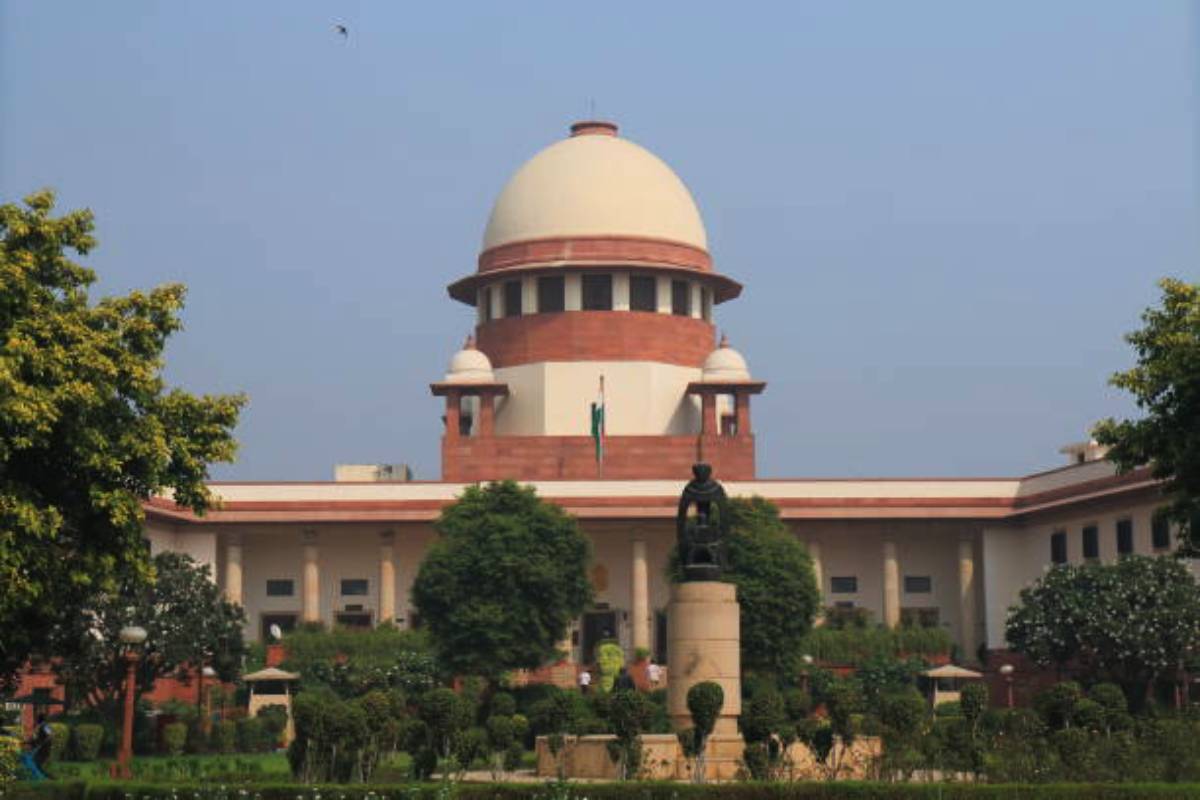The ongoing deliberations in the Supreme Court regarding the Places of Worship (Special Provisions) Act of 1991 represent a pivotal moment for India’s constitutional values. Enacted at a time of deep political and communal unrest, the Act was designed to preserve the religious harmony of the nation by freezing the status of all religious structures as they stood on 15 August 1947. It sought to shield the country from retrospective claims over religious sites, which could exacerbate societal tensions.
Today, as this legislation faces legal challenges, the stakes for India’s secular fabric could not be higher. The crux of the current debate lies in balancing individual rights with collective peace. Petitioners argue that the Act restricts their fundamental right to legal recourse for reclaiming religious sites. However, the broader intent of the law ~ to avoid reopening historical grievances that could reignite communal strife ~ cannot be overlooked. The judiciary’s role in upholding this delicate balance is critical. By intervening to halt new suits and restrict actions in ongoing cases, the Supreme Court has demonstrated its commitment to ensuring that these sensitive issues do not spiral into further conflict.
Advertisement
The reluctance of the Centre to file a timely response in the case, despite repeated notices from the court, adds a layer of complexity to the matter. This delay raises questions about the government’s stance on an issue that touches on the core principles of India’s secularism. The absence of a clear position risks undermining the collective effort to maintain communal harmony, leaving the judiciary to shoulder a disproportionate share of responsibility in resolving this contentious matter. At the heart of the debate is the risk of allowing judicial mechanisms to be co-opted by political or communal agendas. Recent instances of court-ordered surveys at religious sites, which have led to violence and unrest, underscore the potential for misuse of legal avenues.
These events highlight the importance of preserving the status quo and preventing subordinate courts from bypassing the larger constitutional framework set by the Supreme Court. It is also crucial to recognise the precedent this case could set for future legal disputes. If the Act is undermined, it may embolden fringe elements to weaponise historical narratives for political or communal gains, jeopardising India’s fragile social equilibrium. A reaffirmation of the law would send a strong message that the nation’s progress cannot be derailed by revisiting the wounds of the past. The Places of Worship Act is not just a legal instrument but a symbol of India’s commitment to secularism and coexistence.
Striking it down could open a Pandora’s box of claims, creating a legal and social quagmire. Upholding it, on the other hand, would reaffirm the nation’s dedication to fostering unity amid diversity. As the Supreme Court continues its deliberations, its decisions will have far-reaching consequences for India’s constitutional ethos. By prioritising peace and inclusivity, the judiciary can ensure that the past does not overshadow the nation’s collective future.









